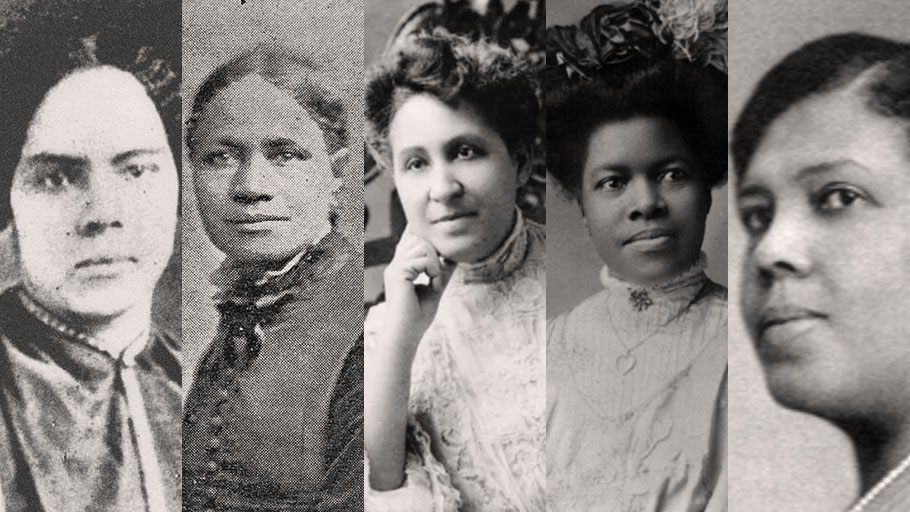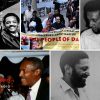The women’s suffrage movement had many heroines who bravely fought for the rights of women in the United States. Here are the stories of five African American suffragists who helped women in America secure the right to vote.
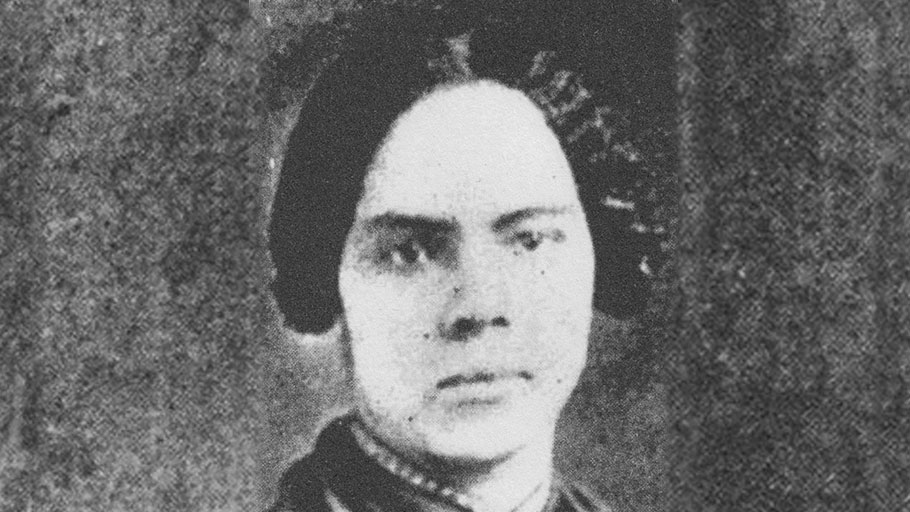
“The crowning glory of American citizenship is that it may be shared equally by people of every nationality, complexion, and sex.” — Mary Ann Shadd Cary
Mary Ann Shadd Cary (1823-1893)
Mary Ann Shadd Cary was born in 1823 to parents dedicated to the abolition of slavery. Her parents taught her much about fighting for equality and often provided shelter for fugitive slaves. Cary moved to Canada with the passage of the Fugitive Slave Law in 1850 where she founded an antislavery newspaper in Canada. Widowed during the Civil War, Cary moved to Washington, D.C., where she taught at public schools and lectured around the country on women’s rights and the women’s suffrage movement. She studied law at Howard University and graduated in 1883 as one of the first black female lawyers in the country.
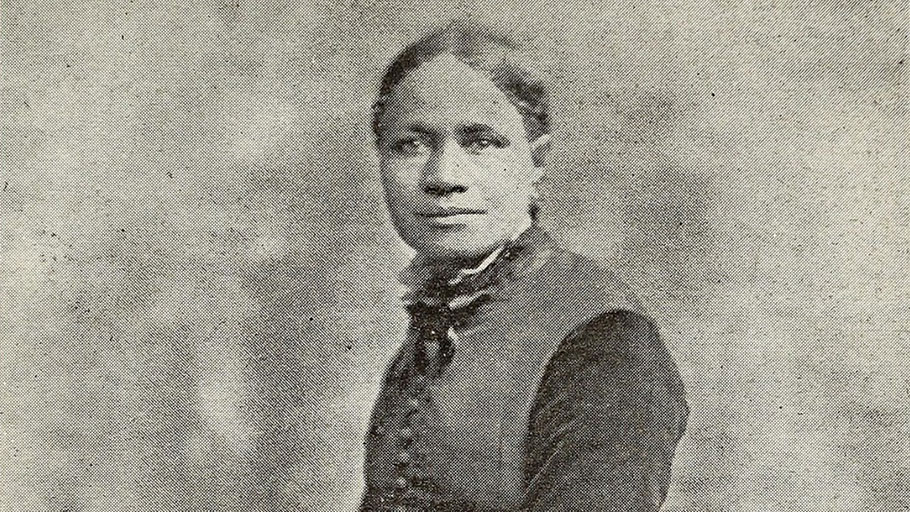
“Now is the time for our women to begin to try to lift up their heads and plant the roots of progress under the hearthstone.” — Frances Ellen Watkins Harper
Frances Ellen Watkins Harper (1825-1911)
Frances Ellen Watkins Harper was an early abolitionist and women’s suffrage leader. She was one of the few African American women present at conferences and meetings about these issues between 1854 and 1890. Harper was also a well-known author whose poetry and essays focused on issues of slavery, gender and racial discrimination. Her writings and lectures made Harper one of the first popularizers of African American protest poetry.
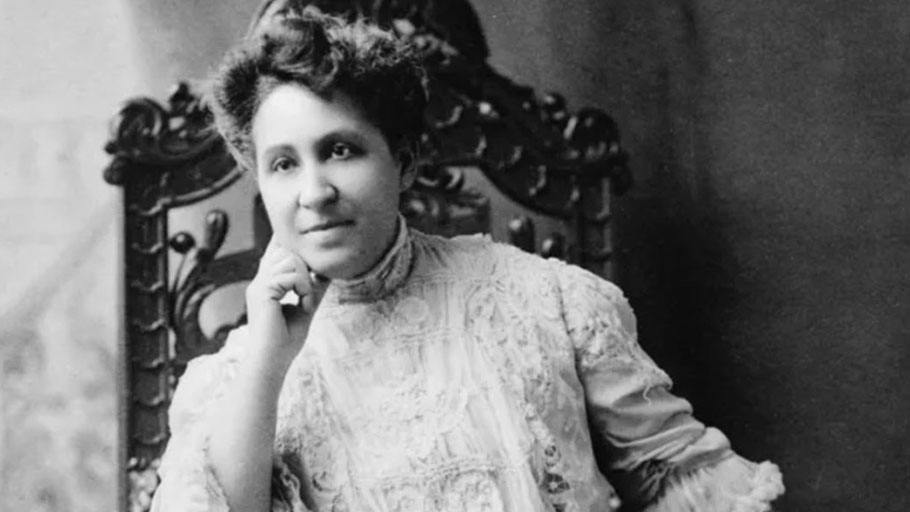
“Lifting as we climb … we knock at the bar of justice, asking an equal chance.” — Mary Church Terrell
Mary Church Terrell (1863-1954)
Mary Church Terrell attended Oberlin College as a young woman where she became one of the first African American women to earn a college degree. After moving to Washington, D.C., Terrell became involved in the women’s rights movement. She focused much of her efforts on securing women’s right vote, touring the country to lecture on the issue. In 1896, she and fellow activists founded the National Association of Colored Women and Terrell served as the association’s first president. After the passage of the 19th Amendment, Terrell turned her attention to civil rights and helped bring about the desegregation of restaurants in Washington, D.C.
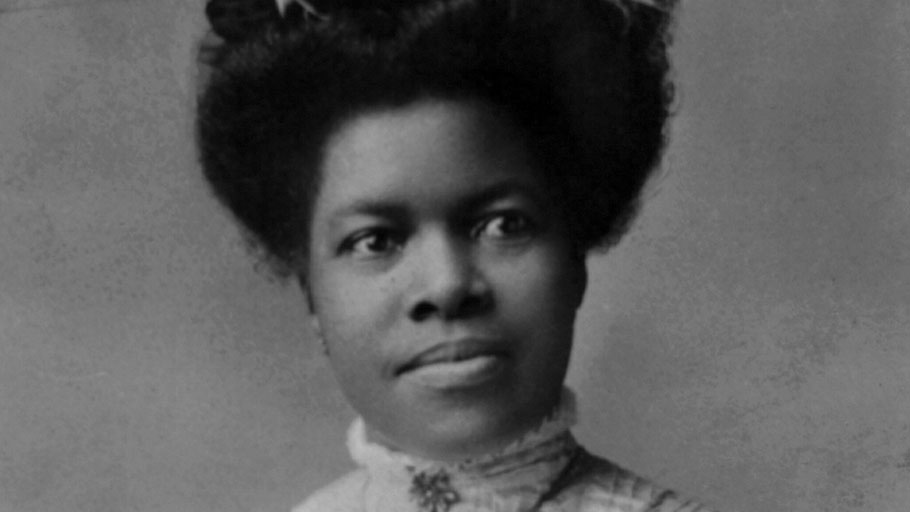
“When the ballot is put into the hands of the American woman the world is going to get a correct estimate of the Negro woman. It will find her a tower of strength of which poets have never sung, orators have never spoken, and scholars have never written.” — Nannie Helen Burroughs
Nannie Helen Burroughs (1879-1961)
A prominent African American educator, church leader and suffrage supporter, Nannie Helen Burroughs devoted her life to empowering black women. Burroughs helped establish the National Association of Colored Women in 1896 and founded the National Training School for Women and Girls in Washington, D.C., in 1909. She was outspoken on issues she considered important to African American interests and wrote many articles for leading African American newspapers and magazines. She used these articles to attack injustices endured by African Americans and encourage readers to take responsibility for changing their own conditions.
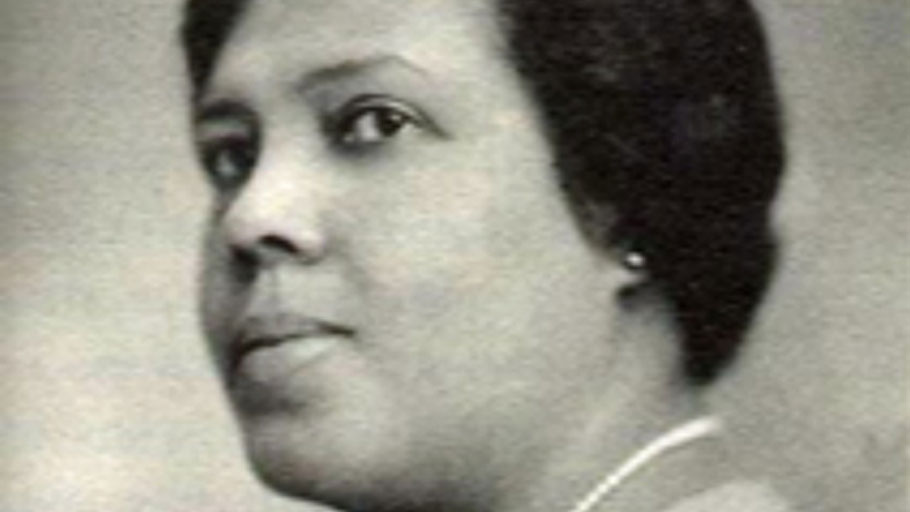
“You cannot be neutral. You must either join with us who believe in the bright future or be destroyed by those who would return us to the dark past.” — Daisy Elizabeth Adams Lampkin
Daisy Elizabeth Adams Lampkin (1884-1965)
Daisy Elizabeth Adams Lampkin dedicated her life to supporting women’s and civil rights. Lampkin began hosting local suffragette meetings at her home near Pittsburgh and organizing African American women to engage in consumer groups in 1912. Much of her efforts centered on the organization of women’s groups and her leadership earned her the position of president of the Lucy Stone Woman Suffrage League in 1915. Later in life, she also served as a field secretary and fundraiser for the NAACP.
Source: National Museum of African American History and Culture

